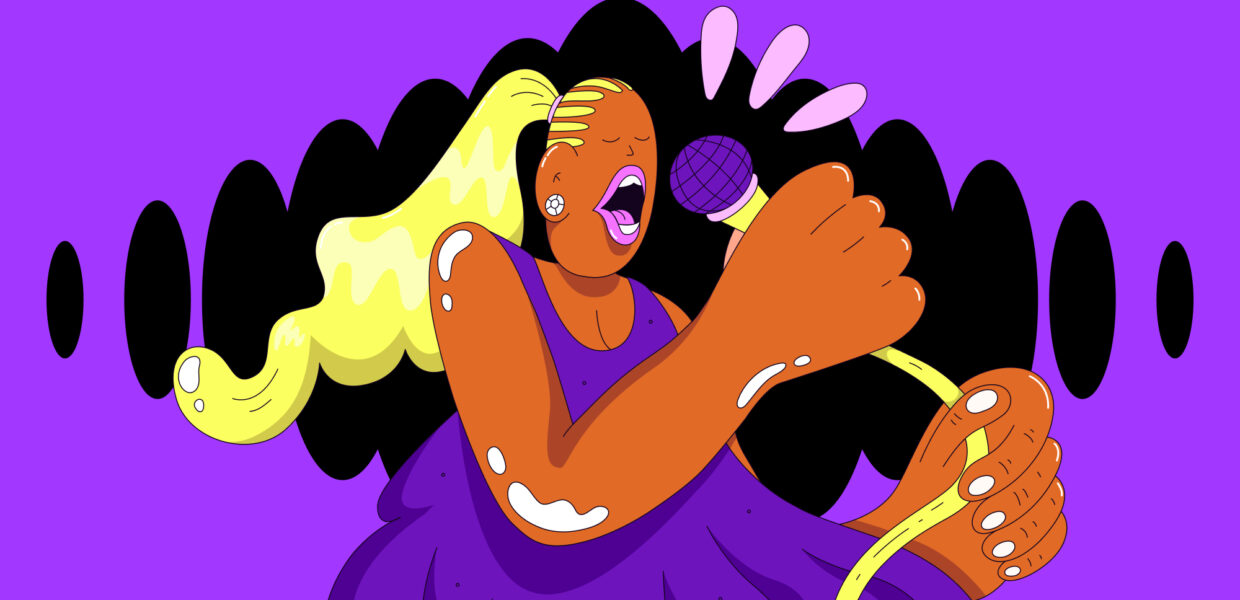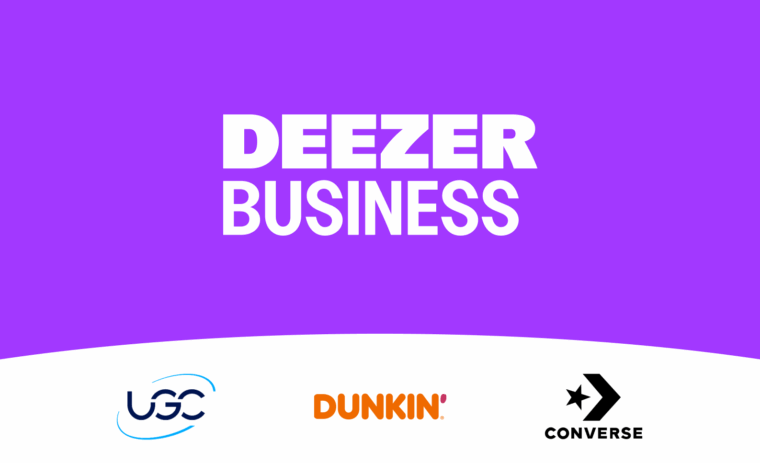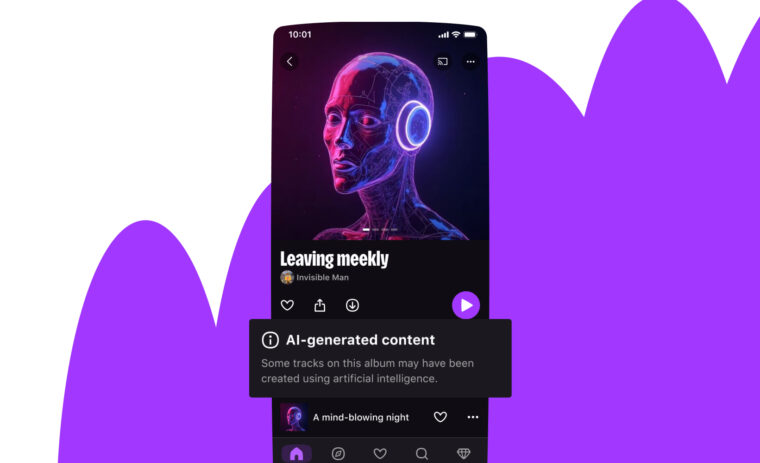I’m a baby dinosaur. I grew up with cassette tapes and CDs, and I saw the internet before it was A Thing. I’ve never seen an 8-track though.
The obvious difference about today’s play button is the choice of music I have at my fingertips. Music streaming easily takes me to hidden talent in the farthest corners of the world, or to old school classics even my parents have never heard of.
But even with music streaming, one thing has and will not change. Which is this: listening to music is a choice and that choice is mine.
The absurd thing about music streaming today is that the money I pay does not go to the artists I listen to. The User-Centric Payment System (UCPS) aims to be that saving grace.
Let’s put it this way.
In the music streaming world, when you play a song, that stream joins the massive vortex of streams of all other listeners. Remuneration from those streams is then distributed to labels and artists based on the number of their streams from the total pool. What happens to the small up-and-coming artists whose new music you’ve exclusively been playing for the past weeks? They probably don’t get much from the streams of their small but loyal fan following (but thank you anyway).
Say you and your friends are avid jazz fans and listen only to Gregory Porter’s soulful renditions. In this hypothetical world, imagine the only other group of listeners is an equivalent numbered group of followers who go on a rap bonanza and only streamed Burna Boy’s Real Life 24 / 7 to cite verses like a bible passage. You’d expect that the earnings would be equally split by the two artists, right? Wrong. Chances are, Burna Boy would rake in from all those streams and Gregory Porter would get close to nothing.
So how do artists make money from streaming services? They don’t; well, not the 90+% of them.
To be clear: there’s a ton of things I’m grateful for with music streaming. Discovering that young Nordic artist from seemingly far away (hello, Sigrid), non-stop playback of retro 60s songs that I never tire of, unlimited options for singing along to in the shower (TMI – I’ll stop here).
The point is, music streaming platforms today need to be revisited. They’re no longer built around listeners’ choices like mine or yours. And as with any big technology that becomes outdated and is scrutinized, our reality because of it, needs to change.
By implementing UCPS, we make sure that the money we pay actually goes to the artists we listen to. If you care about the choices you make and the artists you listen to, you need to join the conversation about UCPS. You may think you’re just one person making noise in an ocean of voices, but making yourself heard about the choices you make, matters. While Deezer has been pushing UCPS for years now, we need everyone to be part of the UCPS movement – listeners, artists, labels, providers, streaming platforms.
I want to make sure I don’t support a system, I support artists. This is my choice – what’s yours?
The user centric payments system (UCPS) is an initiative kicked off by Deezer in 2017. A user centric payment model would restructure the current way of allocating royalties for music streaming. Today, royalties are allocated based on the overall market share on the platform. Under a user centric model, royalties would be allocated based directly on each listener’s streams, creating a fair environment for all artists and building a direct connection between fans and musicians. Support your choice of artists by supporting Deezer’s initiative for a UCPS pilot in 2021.





